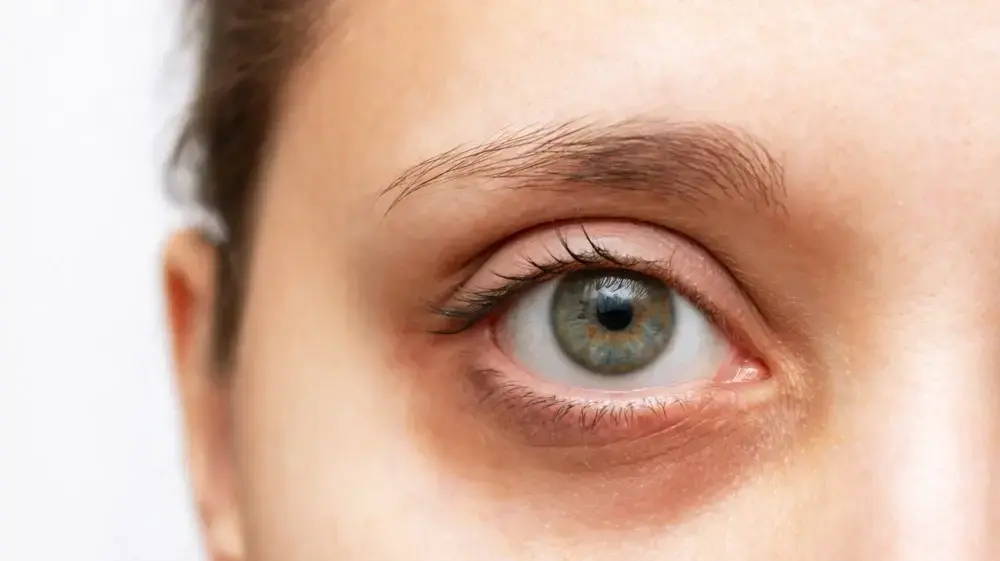Among the many concerns that parents have, one of those that haunts us the longest is feeding our children.
We are concerned despite the fact that (or precisely because) we do not always have enough time to prepare the perfect, complete menu every day, without too much fat or sugar.
Life often overtakes us.
And telecommuting doesn't help.
That is why it is important to know what are the main deficiencies in your diet in order to tackle them with the least possible headaches.
The Nutritional Study in the Spanish Child Population (EsNuPi), promoted by the Ibero-American Nutrition Foundation (FINUT) and the Spanish Nutrition Foundation (FEN), yields a piece of information that is quite striking: the lack of Vitamin D in the diet of children .
Rosa Ortega Anta, Professor of Nutrition at the Faculty of Pharmacy of the Complutense University of Madrid, is one of the authors of the study, for which a total of 1,514 personal surveys and 1,449 telephone surveys were conducted with parents and guardians of children from between one and ten years: "Indeed, in all the groups studied, the intake of vitamin D was less than adequate."
And he adds: "Considering all the nutrients, vitamin D is the one that shows the greatest distance between habitual intake and adequate intake, so that practically all children have insufficient intakes."
More information
Positive Discipline or how to raise and educate children from dignity and respect
Why You Shouldn't Force Children To Keep Eating When They Are Full
Have a healthy pantry to eat better: this is what the experts recommend
The serious thing about the matter is that this nutrient is essential for the bone structure of the little ones because "it helps our bones to absorb and retain the calcium they need to be strong."
And not only that: "It works as a hormone with immunomodulatory properties and is, therefore, also essential to maintain good immune health."
That is, the one that helps us fight against viruses such as SARS-coV-2, which causes covid-19.
As if this seems little to us, "it also performs other functions that allow the proper functioning of the cardiovascular, neurological, hematopoietic and endocrine systems," says Ortega.
The good news is that it is easy to increase the amount of Vitamin D in our body.
"The main sources that our body has to get it are the sun and food.
Taking into account that in Spain we have enough hours of sunshine a day, hypovitaminosis D in Spanish children seems to be associated with diet. "
A diet in which milk and its derivatives must predominate again, mainly adapted and reinforced milks.
"The vitamin D intake of children who consume adapted milk is between two and three times higher than that of those who do not consume them."
Fish are also a good source of this nutrient, especially fatty and blue ones (they contribute 24%), shellfish, eggs and whole grains.
The bad thing is that they are precisely the least common foods in the diet of Spanish children.
On the contrary, "they consume an excess of energy, proteins and free sugars", says José Manuel Moreno Villares, coordinator of the Committee on Nutrition and Breastfeeding of the Spanish Association of Pediatrics (AEP).
What causes that around 40% of boys and girls between 6 and 9 years old are overweight, according to the Aladino 2019 study, prepared by the Ministry of Health and the Spanish Agency for Food Safety and Nutrition.
Although this percentage is reduced to 30% in adolescents, the reality is that the diet of Spanish children can be improved.
Rosa Ortega comments that “it is advisable for children not to skip breakfast, to distribute food over 4-5 meals and to be more active, avoiding a sedentary lifestyle, as this lack of activity leads to low energy expenditure and the need to eat less to avoid being overweight / obese ”.
On the other hand, consuming less food means consuming fewer vitamins and minerals and increasing the risk of deficiencies.
Because Vitamin D is not the only one that should be reinforced.
"The EsNuPi study has shown that calcium and magnesium intakes are not adequate, nutrients that are also essential for bone and metabolic health in children."
Moreno Villares also points to the lack of omega-3 fatty acids (DHA) in some age groups.
In the long term, these deficiencies can affect "bone health, but also metabolic, immunological, functional", says the professor at the UCM.
And that's not the worst, as the AEP pediatrician points out: “Bad habits in childhood usually lead to bad habits in adulthood.
The presence of obesity in childhood is associated with a higher risk of obesity in adulthood, with well-known consequences.
We began to see in some adolescents and young people with obesity some of the problems that before we only saw in adults: hyperglycemia, hypertension, bone and joint problems, sleep distress ... "
You can follow De mamas & de papas on
,
or subscribe here to the
Newsletter
.








